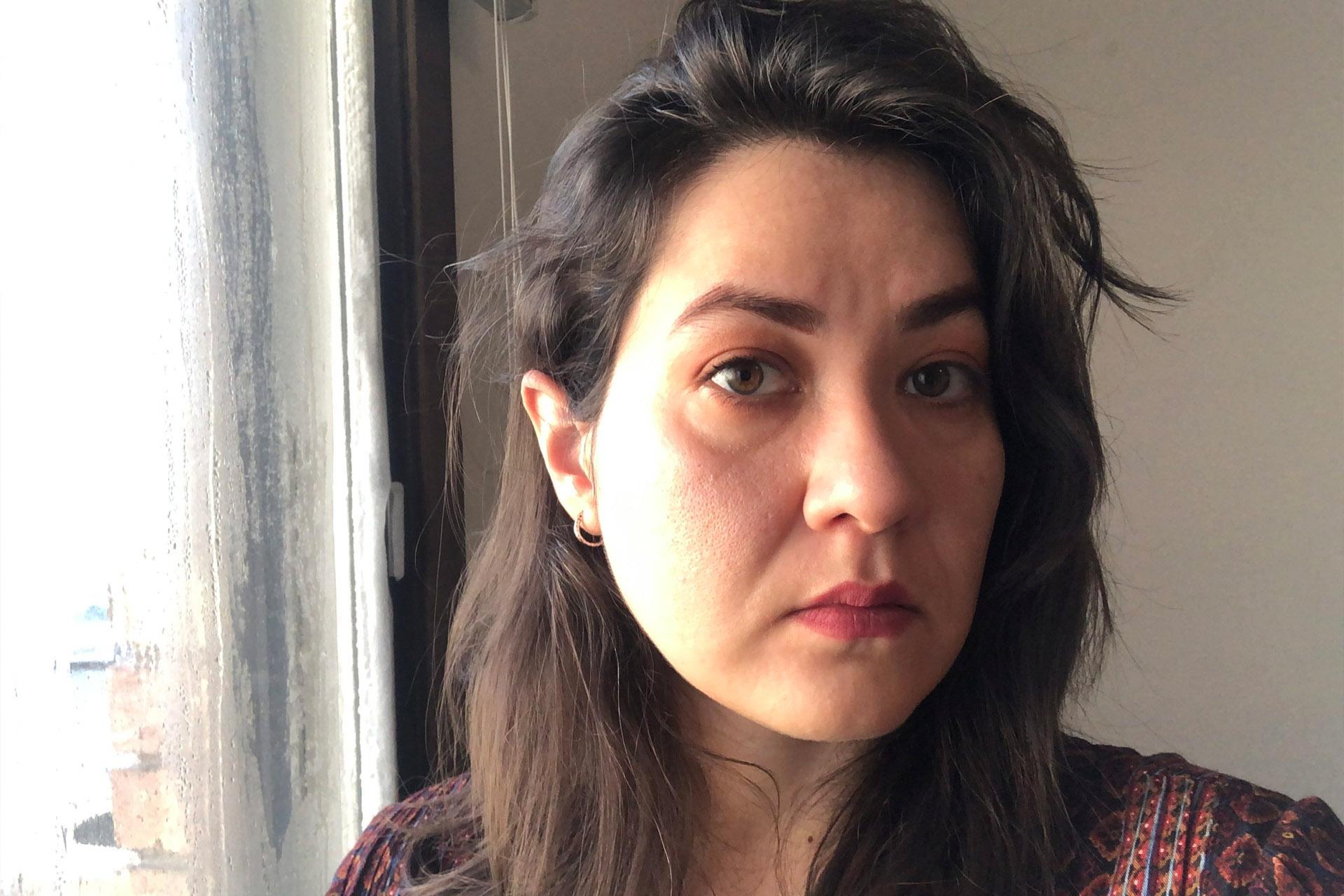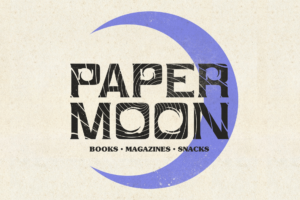On April 20th, Russell Sage College hosted Russell Sage graduate, poet Hajar Hussaini for a reading and book signing. Hussaini is an Afghani poet and literary translator. She is originally from Iowa City and is currently a visiting professor at Skidmore College. Hussaini read thirteen of her poems from Disbound to a mixed crowd of professors, former professors, and students. Hussaini introduced her poems, which she had written during the pandemic, with short background stories. It was one thing to read Hussaini’s poetry, an entirely different thing to hear her perform them so beautifully. Hussaini gave life to her poems by how clearly she spoke and how she talked about each one. Hussaini first read “the property of being separate,” which she shared was written about her first name.
“…was I this other a cosmopolitan is quick
to point out that’s interesting it’s the assigned alien number
one has to fill in every form that crawls underneath skin” (pg 8)
She went on to read “the quotidian” (pg 54), “…as long as ‘indigenous languages are dying’”, and “the united nations of poetry rejects the full stop” (pg 58), “as an object the terminal period is an ak47 pointed at my dictionary of pouring out”. Hearing these lines read aloud, I felt the impact of the poems much more strongly.
The heavy mood lightened when she read “self-parody” (pg. 43), a poem that began as an assignment for a class taken at Russell Sage College.
self-parody
the poetic order of my native tongue
is dense too romantic for the current
conditions of living that I have no
choice but to migrate to a violent
way of separating my lines
The assignment, she told us, was to submit a poem without your name so that others could guess whose it was. “I think of myself as funny,” Hussaini said, which made me laugh along with others in the audience. The poet’s classmates knew right away which anonymous poem was hers.
The emotions and energy of her poems pervaded the event. At the end of the reading, Hussaini said, “The great thing about writing a first book is you don’t know you’re writing a book.” This line really struck me. She had us in thrall, not to words bound into a book, but rather to her creative expressions of a rich, if complicated, life.





